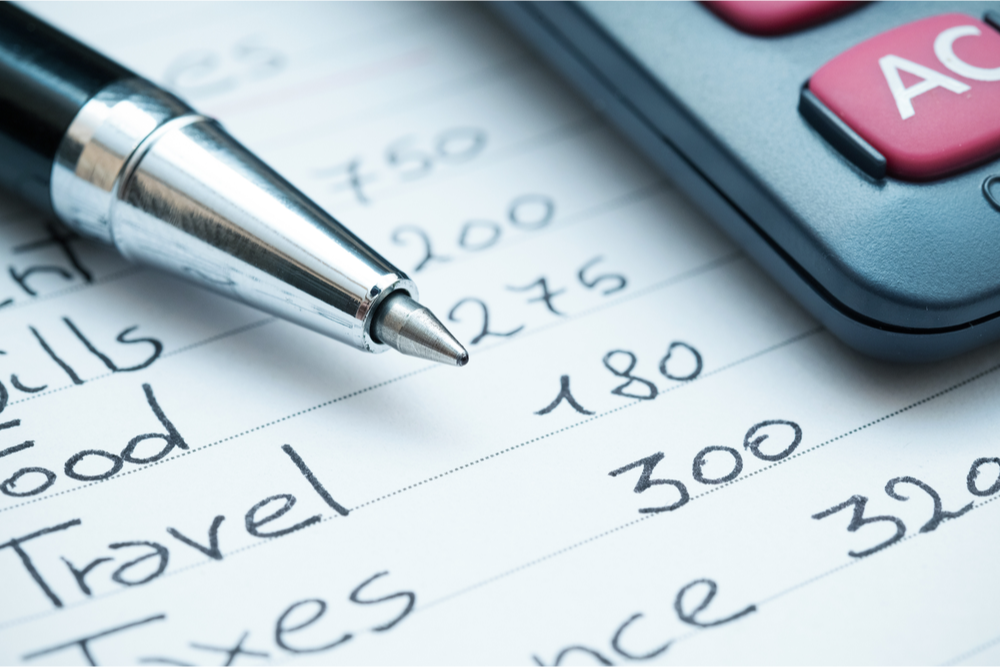
Early signs of rising cost of living impacting non-essential spending
Consumer spending grew by close to a fifth (19%) in February compared to the same month in 2021, according to a new report. However, the data also reveals people spent four per cent less on non-essentials in February compared to January – traditionally the quietest month of the year for spending – indicating the impact of the rising cost of living is already being felt and considered.
The Spending Report from Nationwide is a monthly breakdown of around 190 million debit and credit card and direct debit transactions. During February, transactions accounted for more than £6.9 billion of spending, which is down nine per cent on the total amount spent in January.
Whilst spending on non-essentials dipped last month, it was still significantly higher (+44%) than February last year, mainly due to the lockdown restrictions at the start of last year.
By contrast, essential spend rose by 16 per cent in February compared with the year before. With energy costs continuing to rise, it’s no surprise that spending on utilities and bills rose by 15 per cent compared to February 2021. Spending on fuel and electric vehicle charging rose by 70 per cent due to the increasing cost of fuel, more Nationwide members switching to electric and more commuting to work once again – irrespective of how their vehicles are powered.
Non-essentials
Despite a slight dip in the amount of discretionary spend, holidays continued to be a major area where people are putting their spare money. With the world opening back up, airline travel, cruises and holidays all saw month-on-month spending growth.
Both eating and drinking, and leisure and recreation also saw a jump of four per cent month-on-month, likely as a result of more people returning to offices and socialising with colleagues and friends.
In terms of how the nation pays, the number of transactions made by mobile phone to tap and go increased by five per cent month-on-month as people continue to enjoy the convenience of paying by contactless.
Mark Nalder, head of payments at Nationwide Building Society, said: “Non-essential spending continues to be significantly higher than it was in 2021, given the lockdown situation the country was facing at the start of last year. However, the fall in spending in February compared to last month suggests that people are continuing to try and rein in spending where they can, given the rising cost of living.
“The removal of the Plan B restrictions has led to an increase in spending on travel during February as more people returned to offices, while a natural by-product of more people getting back out is greater spending on eating, drinking and leisure. And as the weather begins to improve, it is perhaps no wonder that holiday spend continues to be a major destination for our money.
“As inflation impacts how much money we can spend and where we are spending it, we expect overall spend to outstrip last year, particularly in areas where the rising cost of living is likely to be having a big impact, such as utilities, bills and fuel. We do, however, anticipate the need for many households to curb non-essential spending as they do their best to balance family finances.”